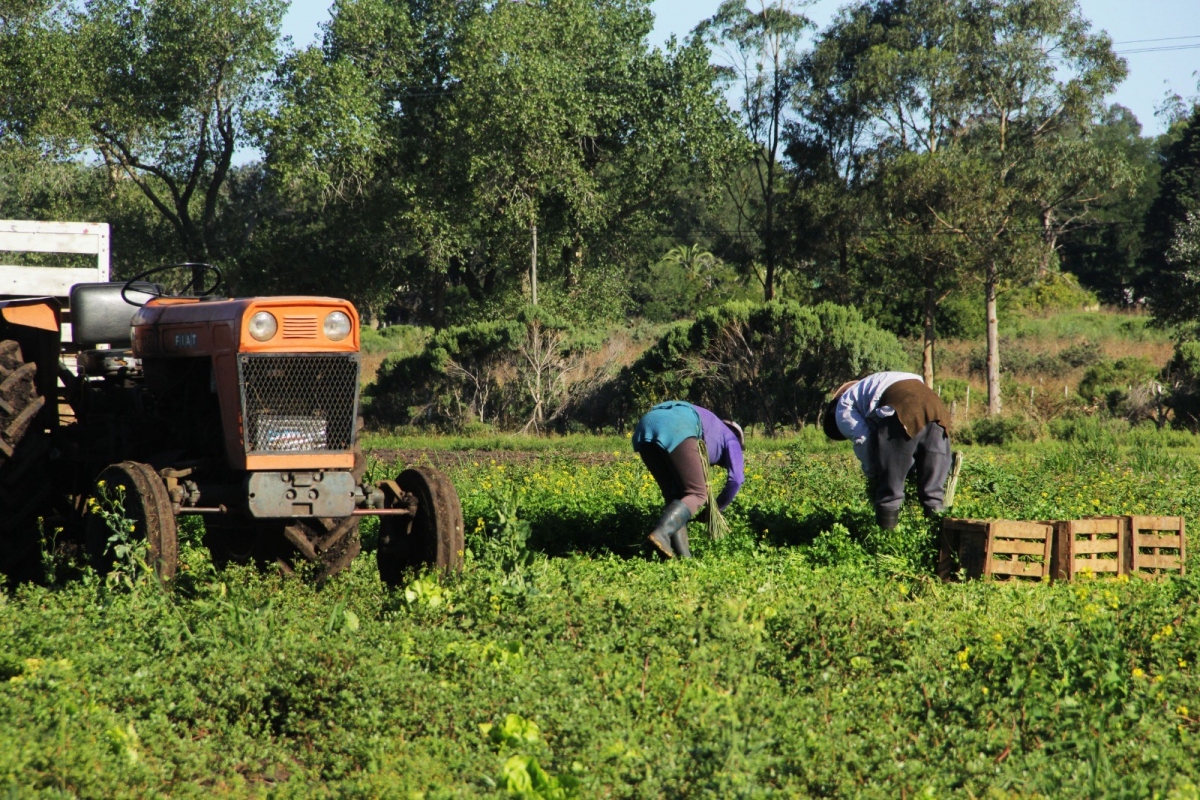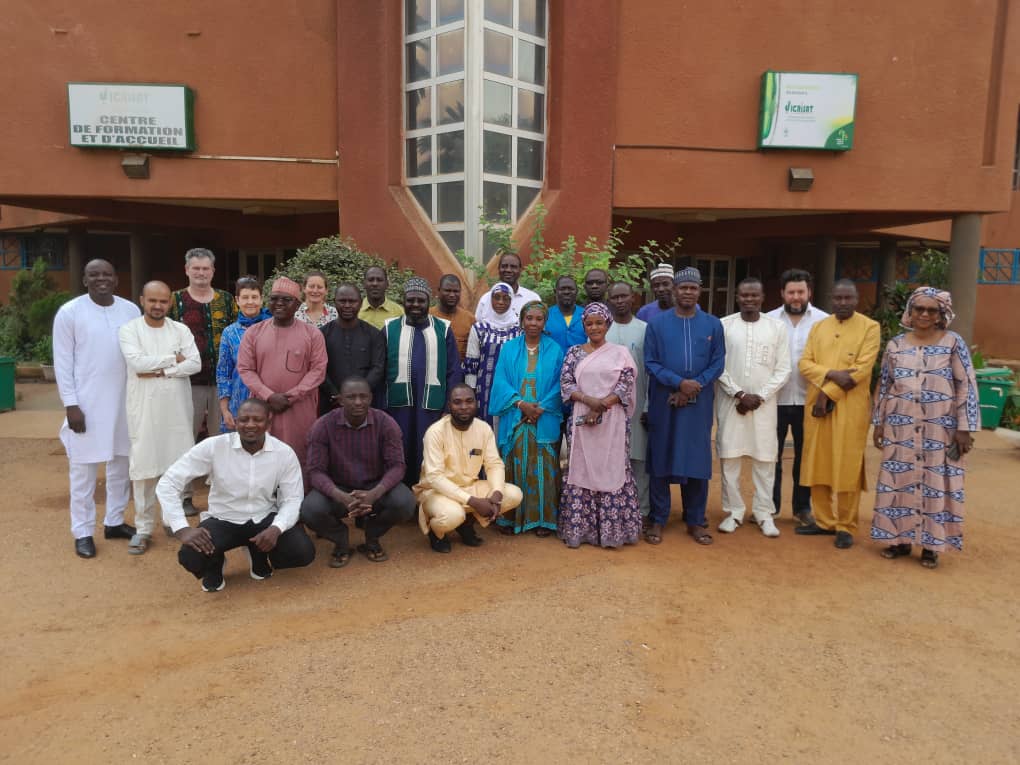Speaker
-
David Stern, IDEMS International
About:
Recent advances in AI have everyone talking about the role of Data and Technology in Society. This talk will bring a hopeful and optimistic perspective on the positive role that data and tech can play in society, rooted in experience.
The specific example of Farmers in Niger, one of the most challenging environments in the world, will be taken to flesh out a story about how new technologies and data are positively impacting livelihoods while reinforcing local communities and bonds of trust. The story will weave in evidence emerging from studies we have been directly part of from across the continent and beyond.
The talk will then step back to a more relatable UK-centric experience of technology, data and business, which will be contrasted with the optimistic perspective presented. Questions related to community, trust, ownership and social entrepreneurship will be posed to stimulate reflection on our own relationship to tech and data.
Talk: 18:00 - 19:00
Refreshment and networking - 19:00 - 19:30

About the speaker
David Stern is a mathematical scientist and the founding Director of IDEMS. He holds a PhD in Mathematics from the University of Sheffield.
David spent his formative years growing up and completing his secondary education in Niger. The seven years he spent living in the country exposed him to the generosity of families living in extreme poverty, transformed his notions of self and community, and deeply shaped his worldview.
After training as a mathematician David eschewed academic and professional opportunities in Europe in favour of embedding in a Kenyan institution in a lecturer position on a local salary. Here he experienced firsthand the innumerable inequalities faced by talented individuals in low-resource environments on a daily basis.
Since then David has been privileged to work on a diverse range of socially impactful innovation projects supporting digital and data inclusion in low-resource environments, including:
- Education projects where the lack of resources, human, financial and other, can be transformed into opportunities for innovation.
- Climate projects where local capacity building can transform the reliability of information available to support decision making.
- Agroecology projects where transferring data ownership to farmer federations transformed power relationships between actors.
- Parenting programmes where the digitisation of interventions reduces cost 10 fold with the potential to transform the scale of implementation.

